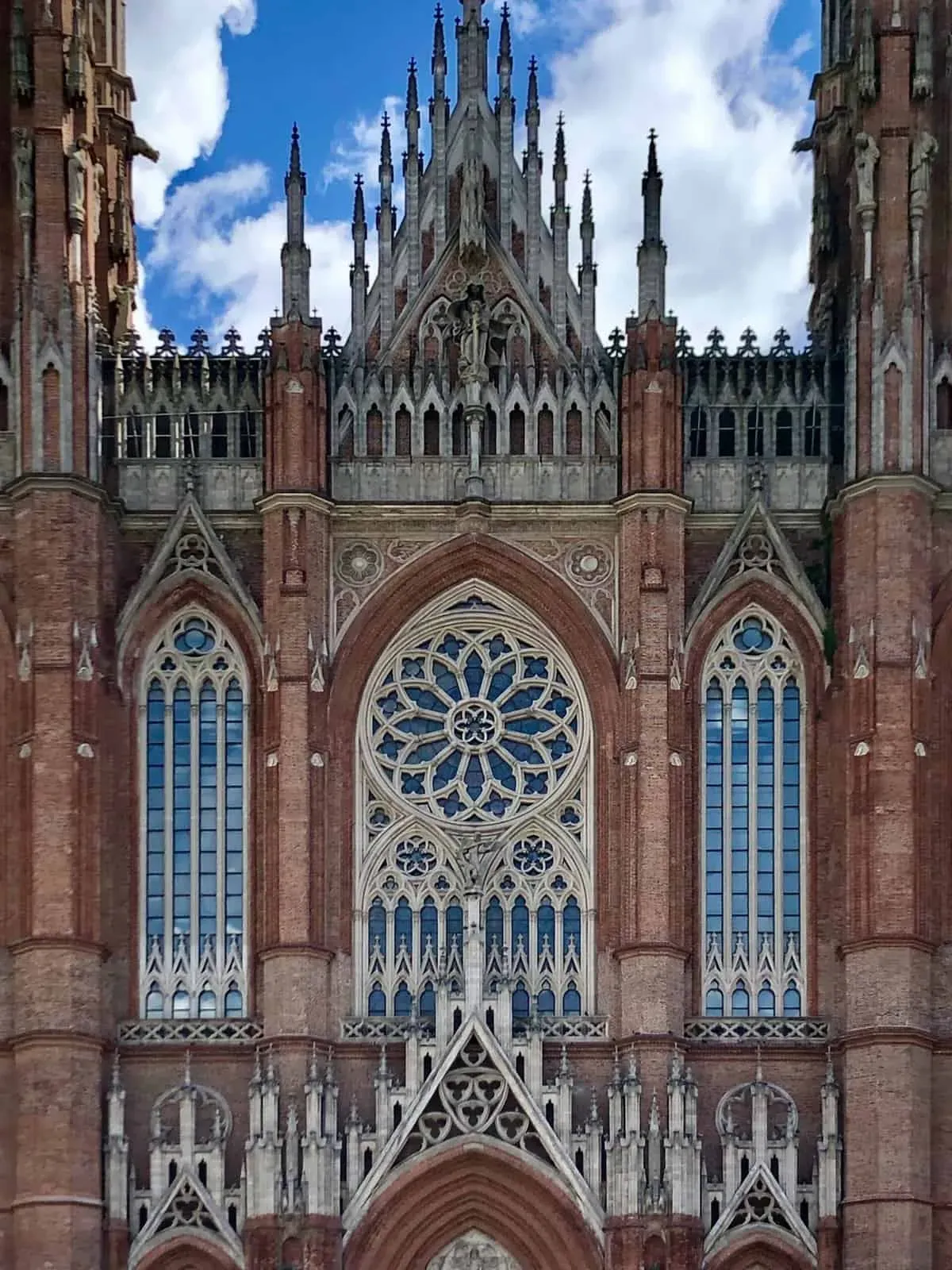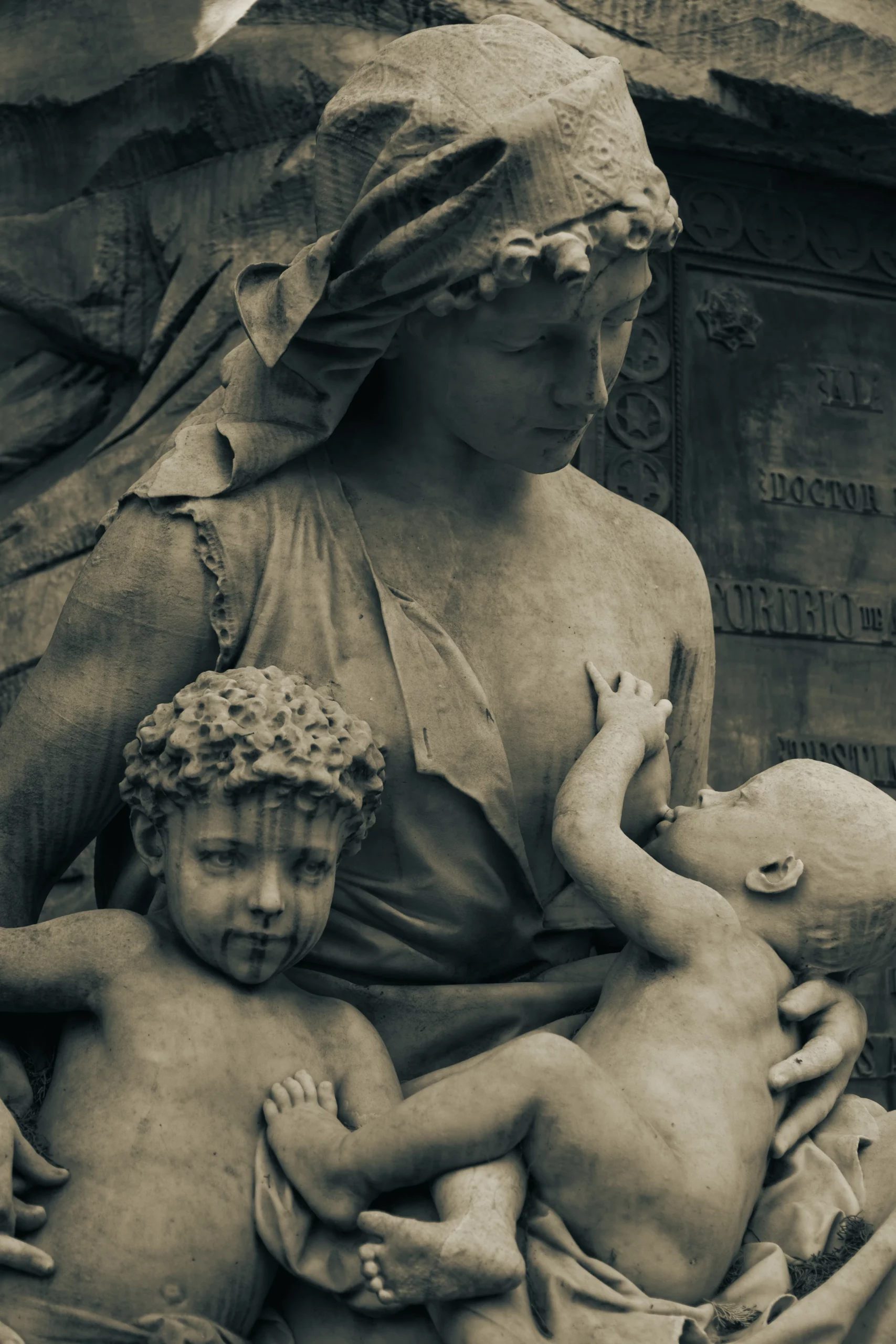Languages in Argentina
Spanish holds its place as the de facto official language in Argentina, with almost every Argentine communicating in it. Argentina is unique among Spanish-speaking countries, as it widely employs “voseo”– replacing the pronoun “tú” with “vos” for “you,” leading to distinct verb conjugations. While Argentina spans an impressive geographical area, differences in the Spanish language are noticeable across its regions. The most widespread dialect is Rioplatense, which resonates in the Pampean and Patagonian regions and bears a resemblance to the Neapolitan tongue. Lunfardo, a slang deeply influenced by Italian and other European immigrants, is not only ingrained in everyday vocabulary but has also left its mark on various Latin American nations.
Diverse languages find their voices among Argentines. English, introduced from elementary school onwards, is claimed to be spoken by 42.3% of the populace, with 15.4% professing a high proficiency. Meanwhile, languages like Italian, Arabic, and German have their respective speakers, ranging in the hundreds of thousands. Indigenous languages, like Guaraní, Quechua, and Wichí, continue to be spoken, especially in areas like Corrientes, Misiones, and Chaco. Notably, Chaco officially recognizes the Wichí, Kom, and Moqoit languages. There are also pockets of communities speaking Catalan, Vlax Romani, Albanian, Japanese, Aymara, and Ukrainian.
Religious Landscape of Argentina
Argentina’s spiritual landscape is dominantly Christian, with Roman Catholicism reigning supreme. The Constitution, while guaranteeing religious freedom, bestows a preferential status upon Roman Catholicism without declaring an official religion. A study by CONICET in 2008 revealed that 76.5% of Argentines were Catholics, but by 2017, this number had dwindled to 66%. On the other hand, those identifying as Agnostics, Atheists, and nonreligious grew to 21%. Evangelical Protestants make up about 9%, with smaller segments aligning with Jehovah’s Witnesses, Mormons, Islam, Judaism, and Buddhism.
Argentina proudly hosts considerable Muslim and Jewish communities. Its Jewish community is globally significant, ranking seventh in size. Moreover, Argentina actively remembers the Holocaust, being a member of the International Holocaust Remembrance Alliance.
A characteristic trend among Argentines is the personalization and de-institutionalization of their faith. Despite religious affiliations, many do not regularly participate in religious services. A breakdown reveals 23.8% always attending, 49.1% attending occasionally, and 26.8% abstaining altogether.
Historically, on March 13, 2013, Argentina found itself in the global religious spotlight. Jorge Mario Bergoglio, hailing from Buenos Aires, was chosen as the Bishop of Rome and the foremost leader of the Catholic Church. With the chosen papal name, “Francis,” he marked several firsts—being the inaugural Pope from both the Americas and the Southern Hemisphere and the first outside European birth since Pope Gregory III in 741.
If you’re considering relocating to Argentina, this understanding of language and religious nuances will be crucial in helping you integrate and appreciate the rich cultural tapestry of the nation.




